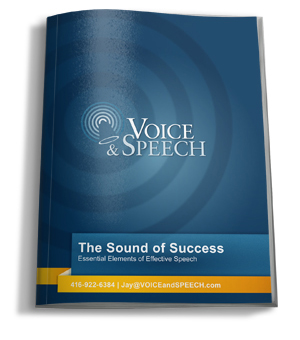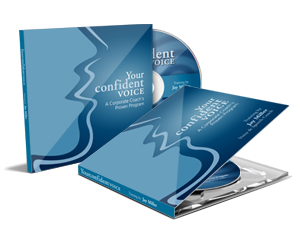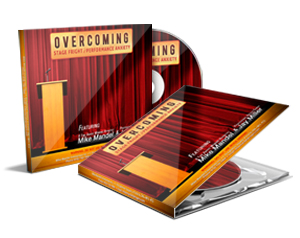Express Yourself
Bringing Energy and Vitality to Your Speech
I recently had the privilege of seeing Lang Lang play the Beethoven Piano Concerto No. 3, with the Toronto Symphony Orchestra. The extraordinary level of expressiveness he brought to the performance was remarkable. Every single note was shaped and molded to say something unique and important. There was no limit to the nuance he drew from his instrument. Even though I had no familiarity with that particular composition, the experience was compelling because Lang Lang took Beethoven’s notes on the page and turned them into music—his own music, for that particular moment. What a lesson for speakers!
So many speakers get up and give us nothing but words, words, words. They might as well print the speech and let us read it. Furthermore, even speakers who mean well, who are making an effort to engage their listeners, are often unaware of how they’re actually coming across. Theythink they’re being expressive, they feel like they’re fully invested, but they’re just not putting out as much as they imagine. Consequently, important messages fail to make an impact and listeners don’t take action.
Trying to be more expressive is not the remedy for this problem. Expressiveness can’t be created by consciously manipulating rate, pitch, loudness and tone quality. We’ve all heard speakers who are trying to be expressive, and the impression is false and somehow amateur. It comes across as self-conscious and inauthentic. No one talks like that in real life.
Cultivating the right conditions and allowing the right thing to happen is the correct approach. As human beings we are, by nature, interesting and expressive, if we can get out of our own way and let it out.
The first skill to implement is to breathe deeply into your belly before speaking. Breathing connects you to your inner experience. If you learn to breathe, as it relates to speaking, you will automatically be expressive. You won’t have to think about it.
The second skill to develop is the ability to speak at a deliberate rate. Fast speech tends to flatten your delivery. Variations of pitch, loudness and tonality become difficult. Speaking at a slower pace gives your voice more time and room to play. Speaking at a moderate rate also helps you be more present to your self and to your listeners. That encourages expression.
The third skill, and one of the most important, is to make a personal connection with your content. It’s not enough just to say the words. You must experience what you’re saying, while you’re saying it. You must speak from your heart, not from your head. If you feel it, we will feel it. And when you feel something, you will be expressive.
When you’re connected to your self (by breathing), connected to your message (by experiencing what you’re saying), and keeping the channel open (by maintaining a relaxed rate of delivery), expressiveness emerges spontaneously and authentically. Your listeners are engaged and receptive. Important messages make an impact. And communication comes to life.
 The Sound of Success
The Sound of SuccessEnroll in this FREE video mini course and discover a powerfully attractive voice.
 Your Confident Voice
Your Confident VoiceThis 145-minute mp3 download is a complete speaking voice course. The simple but amazingly effective program is on sale this month!
 Overcoming Stage Fright
and
Overcoming Stage Fright
andPerformance Anxiety
On this mp3 download, Jay Miller teams up with six-time award-winning hypnotist Dr. Mike Mandel to deliver the most comprehensive program available for reducing or eliminating stage fright.